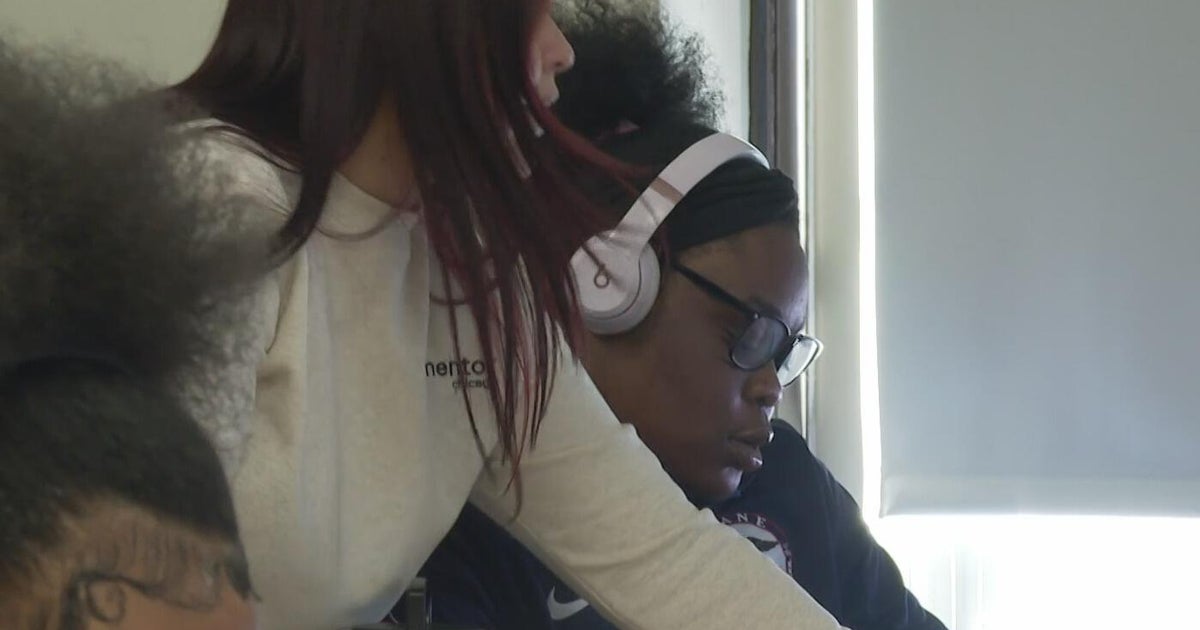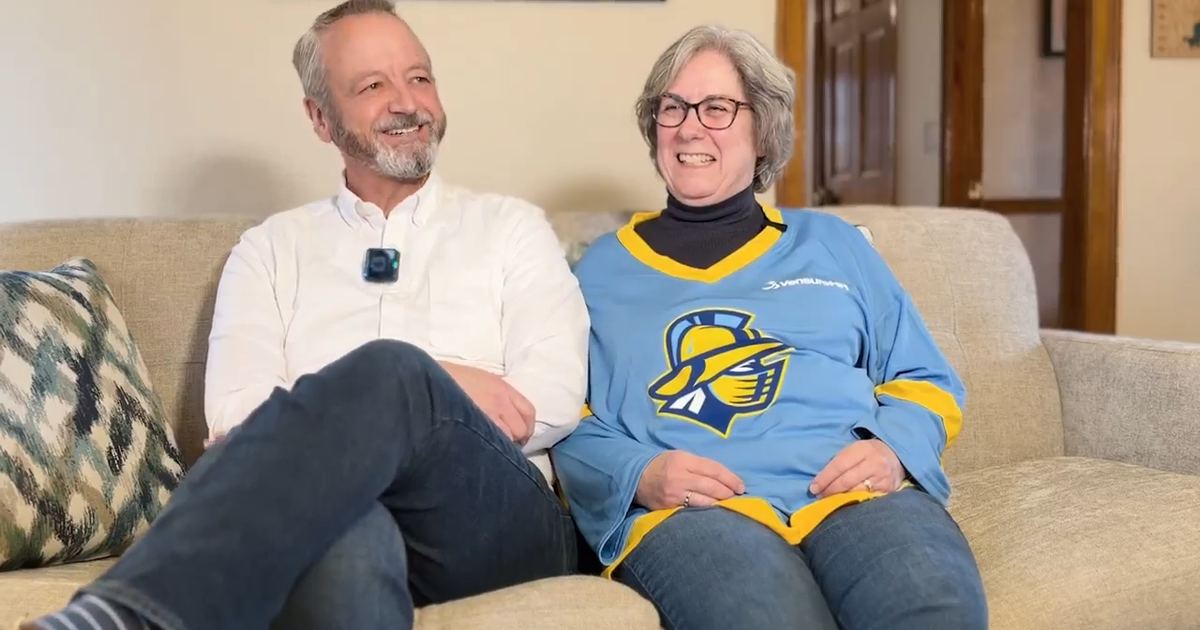Why do we get sad in the wintertime? It's in our biology
CHICAGO (CBS) -- On Sunday, Nov. 6, we set the clocks back by one hour. In Chicago, as fall transitions into winter, the days get shorter, darker, and typically colder. With the change of seasons, people can start to feel changes in their mood, too.
But why does this happen?
One expert says it's part of our biological makeup.
Dr. Sally Weinstein is a clinical psychologist and associate director of the University of Illinois at Chicago's Center on Depression and Resilience. She says the changes happen on a spectrum.
"As the days get shorter and darker and colder, many start to experience kind of the winter blues and that's sort of on the mild end but on the more severe end, we do see pretty significant changes in mood and behavior, in some people that is called Seasonal Affective Disorder," Dr. Weinstein told CBS 2 Streaming Anchor Brad Edwards.
Seasonal Affective Disorder has similar symptoms of clinical major depression, such as:
- One feels sad or down most days than not.
- Feeling less pleasure or joy.
- changes in sleep or appetite.
- But SAD starts in the late fall, or early winter, with improvement in the spring and summer.
Dr. Weinstein says about 5 percent of Americans experience what would be diagnosed as Seasonal Affective Disorder. It is estimated that 10 to 20 percent of people experience sub-clinical or sub-threshold symptoms.
"Usually in this winter form of depression, we see overeating or increased appetite, and oversleeping or greater fatigue, as well as some withdrawal from friends, wanting to isolate – and on the more severe end, thoughts of death or dying," she said. "What we believe is that it really is that shortened light period causes pretty significant effects on our biology and makes it really hard to adjust."
Here's what Dr. Weinstein says changes in our bodies as we lose daylight.
- Increased melatonin production makes us feel more lethargic and more sleepy.
- Changes in the way our body regulates serotonin and dopamine, the chemicals that regulate our mood and sleep-wake cycle.
"There's also a lot of negative expectations about it being cold, particularly living in Chicago, kind of losing that social life that you had during the summer," Weinstein said, "and so there are some of those expectations that become a self-fulfilling prophecy."
Edwards asked Weinstein then if these changes are pretty common and natural, what can we do to feel better? Dr. Weinstein recommends not just trying to fight the urge to curl up in bed, but purposefully being "planful" with your downtime.
"Things that you would do more spontaneously in the summer when it is lighter out, you really want to make that effort and be planful as the days start to shorten," she said, "and I think knowing that this happens and being prepared for it can set you up for success for these winter months."
Dr. Weinstein recommends thinking about one or two activities that will get you out of the house and active, then keep them in your schedule.
- Try to make and stick to a routine.
- Exercise regularly.
- Practice healthy eating habits.
- Get outside and visit friends.
"We can't change the fact that winter is coming, but we can do a lot to prepare ourselves for some of the cognitive changes and behavioral changes that come along with winter," Weinstein said. "The first is knowing that this is coming and that you're susceptible to these changes and also that there's a biological explanation for these changes. It's not that you're just lazy in the winter and like to eat a lot of carbohydrates."
Seasonal Affective Disorder is diagnosed when a person has depressive-like symptoms as the seasons change. Again, it typically starts in the late fall, and early winter, with improvement in the spring and summer for at least two years in a row. In major depression, these symptoms are persistent, usually regardless of the time of year.
If someone is experiencing more severe symptoms, it is recommended to seek out a medical professional. To learn more about the UI Center on Depression and Resilience, visit their website. You can schedule a psychiatry appointment with UI Health.
Help is available 24/7 if you or someone you love is struggling, you can call, text, or chat by dialing 988 - the National Suicide and Crisis Lifeline.







